Panama renews bid to pass bill marking 1989 US invasion as 'mourning day'
Panama’s National Assembly has renewed efforts to pass a bill to officially recognize December 20 as the ‘day of national mourning’, marking the deadly US military invasion of the country in 1989.
Local activists, who have been pushing for the enactment of such a legislation for years, have decried successive US-backed administrations for politicizing and hindering the cause, accusing them of escaping from “this historical responsibility,” HispanTV reported.
The brutal US invasion of the Central American nation – which killed hundreds and overthrew then president Manuel Noriega – remains a festering wound in the country’s recent turbulent history.
Panamanians, who come together every year to commemorate the occasion, have for years called for its recognition as the national day of mourning.
Human rights organizations estimate that the actual number of Panamanians killed in the military assault was more than 1,000, rejecting the official death toll of only 300, and prompting former president Juan Carlos Varela to establish a commission to investigate the actual toll.
According to the HispanTV report, independent lawmakers in the country’s nation assembly strongly denounced the political manipulation of the legislative process to hinder the passage of two separate bills seeking to designate the bloody military invasion as a mourning day.
The report notes that only one of the bills has so far been approved for debate in Panama’s top legislative body.
It also points out that the parliamentary effort is backed by Inter-American Commission on Human Rights (IACHR), which confirmed violations of life and property as a result of the US invasion in its October 2018 report.
However, despite the findings of the IACHR report, the Panamanian government has failed to extend effective cooperation to demand comprehensive reparation for the victim’s families from the aggressor country, which yields considerable influence on top Panamanian officials.
Political activists in the country are also blaming North American and local economic monopolies for exerting influence to block the passage of the bills.
The development comes just over three months after several bags with human remains were exhumed from a mass grave in Panama amid searches for the victims of the brutal US invasion.
For years, families have called for searching the remains of those who died, many of whom were buried in mass graves.
Attorney General Geomara Guerra said last October that four bags of remains had been recovered so far at the Monte Esperanza cemetery in the city of Colon, according to a Reuters report.
"We plan to keep doing the work to dig in the earth and see how many more bags could be there," he said in a press briefing then.
The remains were discovered in the same bags that the US soldiers distributed for burials, he noted.
Panamanian officials began exhuming last year’s corpses at another cemetery -- called Jardin de Paz -- and found the unidentified remains of about 30 people. They halted the effort over what was referred to as the coronavirus restrictions.
US military forces stormed the Panama City in 1989 with an advertised objective of “restoring democracy and rule of law,” and eventually took into custody Noriega, a former military dictator who is believed to have been a paid operative of the CIA spy agency.
Noriega’s ties to the US government fell apart after he reportedly defied Washington’s operational instructions, which led to the US accusing him of engaging in narcotics trade. He was arrested in a military invasion and jailed in a US prison.
In December 2007, Panama’s parliament for the first time declared the anniversary of the US invasion as a day of national mourning and established a commission to investigate how many people were actually murdered during the military assault.
However, the effort failed to become a law since it required approval of the country’s president, who has so far refused to sign the bill.
At the time, senior lawmaker Cesar Pardo of the ruling Democratic Revolutionary Party declared that the legislative move was in recognition for all those who fell during what he described as a “cruel and unjust” invasion.
The deaths of hundreds of citizens have never been fully explained.
Iran vows ‘swift, decisive, comprehensive’ response to any aggression after Trump threat
Israeli-approved ‘traders’ allowed to profit from Gaza aid barred from humanitarian NGOs: Report
VIDEO | 'America for Americans': Who decides who belongs?
VIDEO | Beyond the battlefield: General Soleimani’s strategic and diplomatic legacy
VIDEO | Press TV's news headlines
VIDEO | Iran slams Trump’s meddling
VIDEO | Palestinians in West Bank fear more escalation as New Year arrives
VIDEO | Pakistani MPs pay tribute to Gen. Soleimani on his martyrdom anniversary


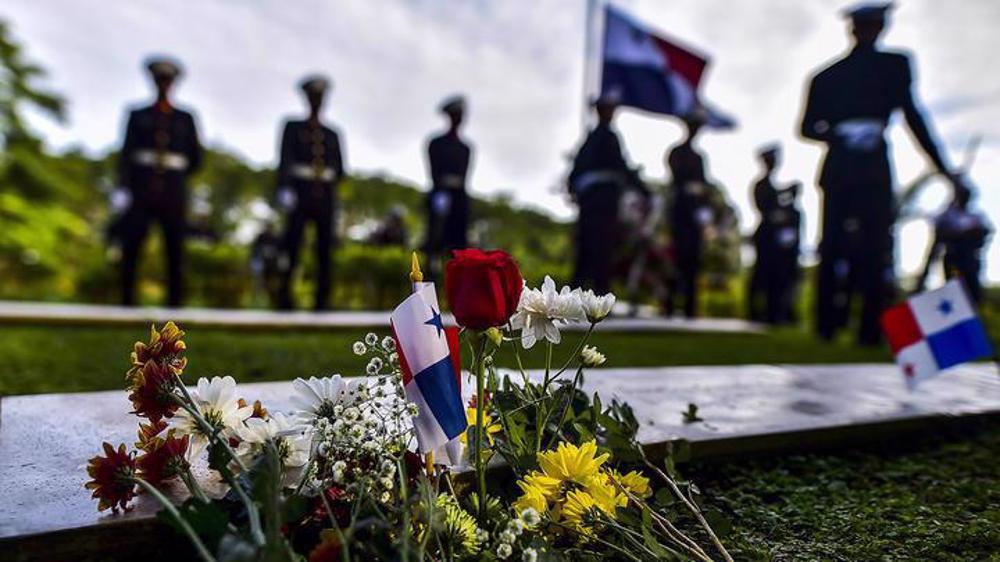
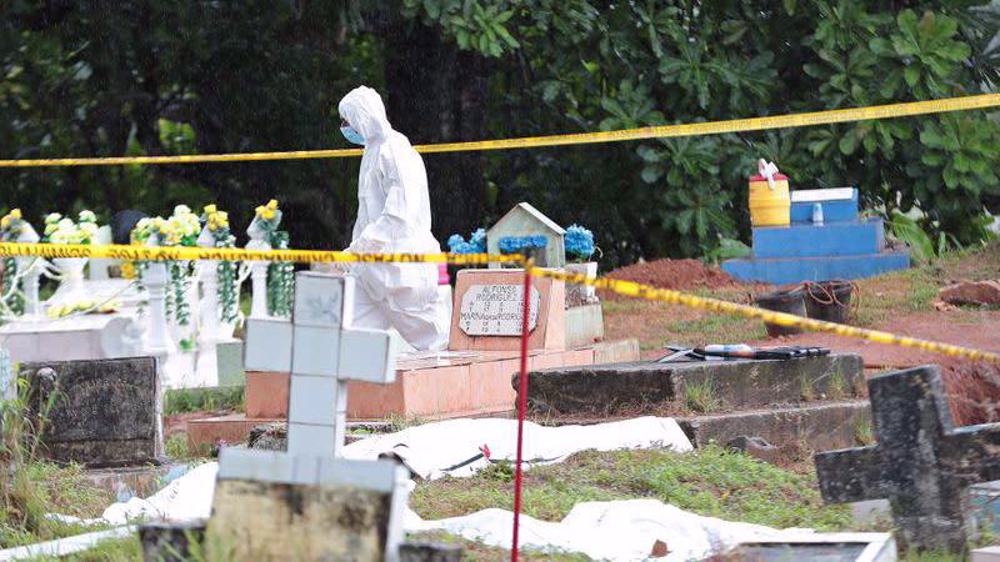
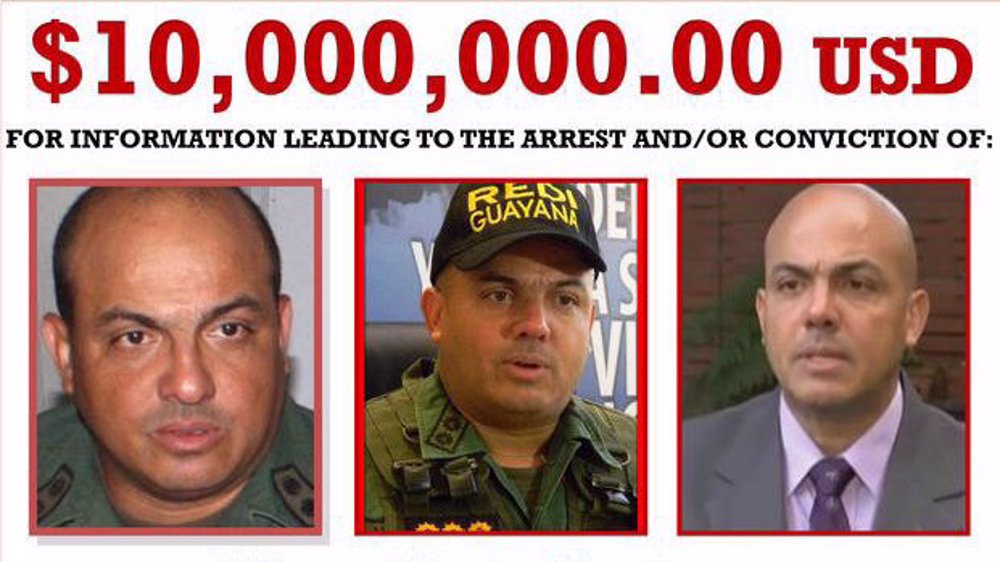
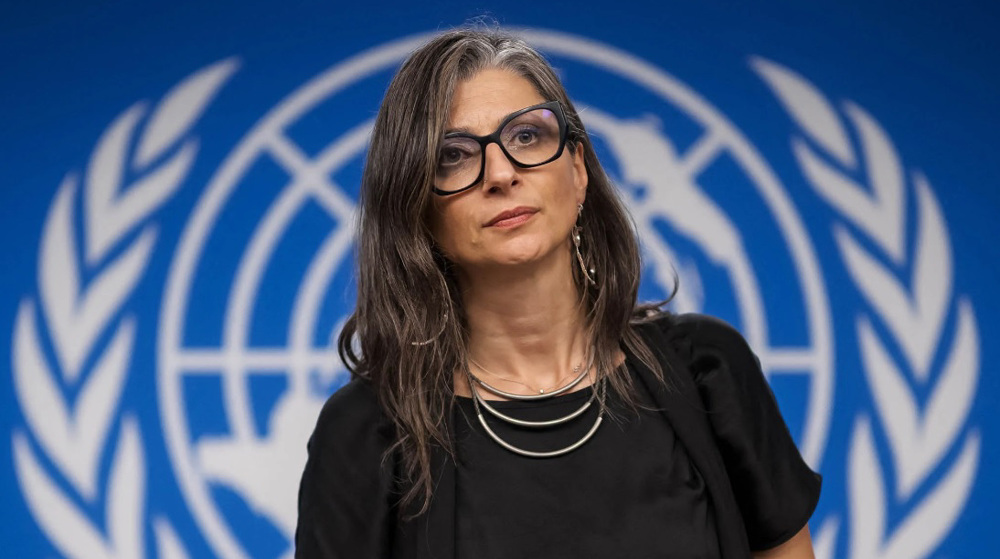
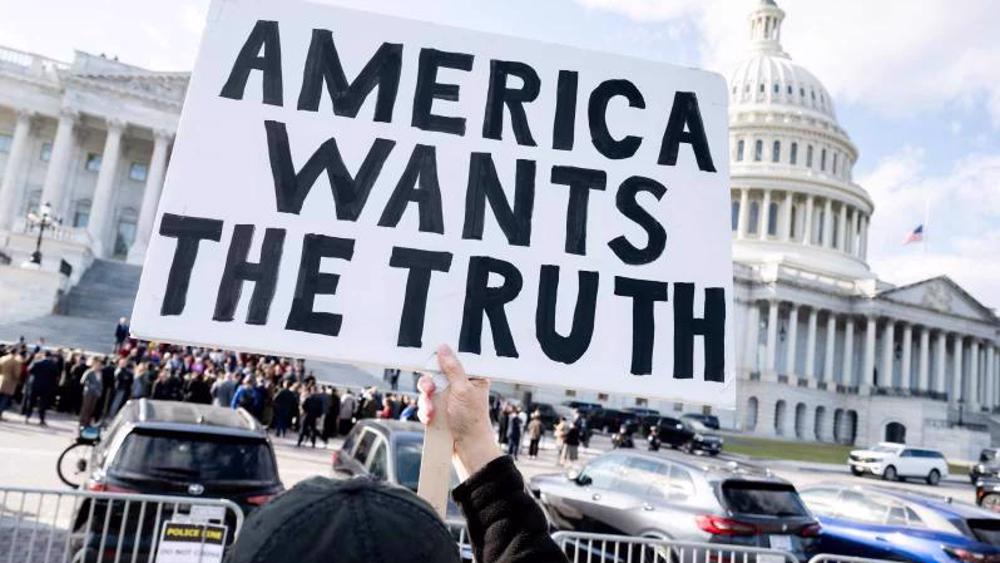
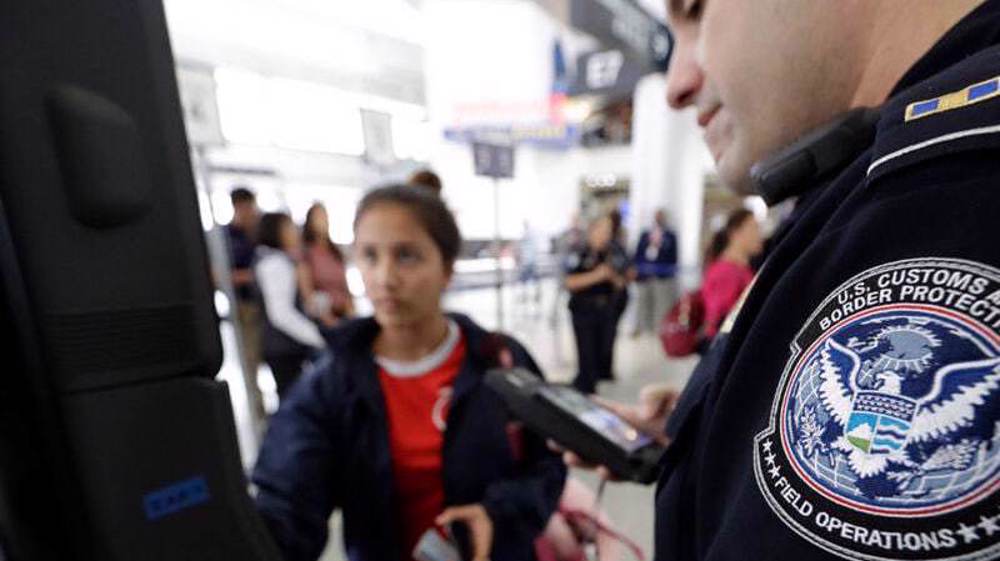



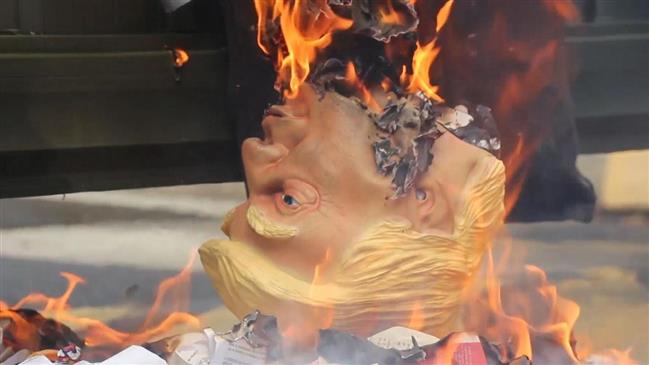
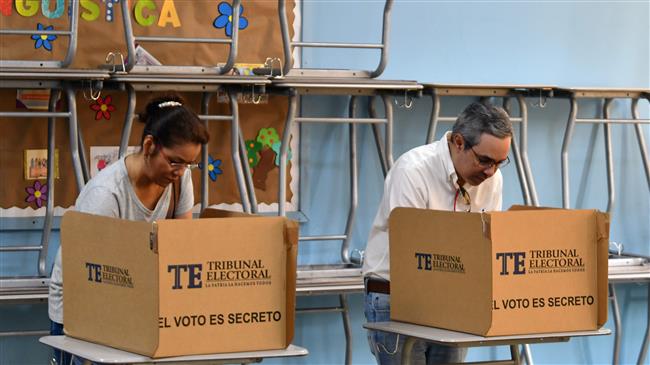
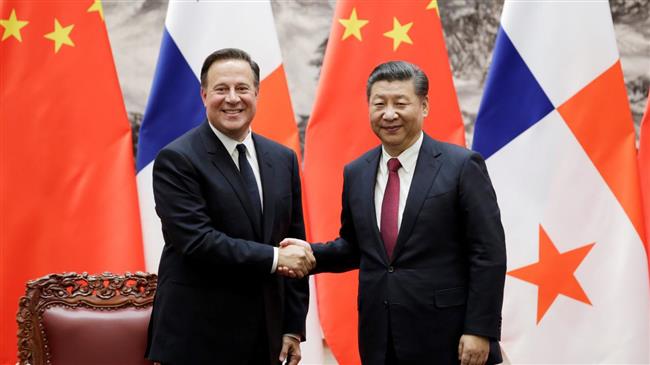
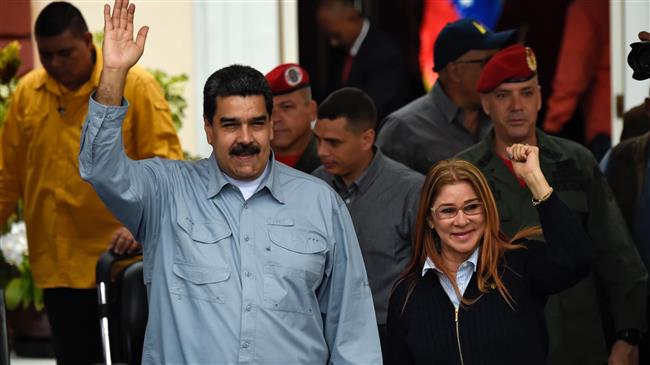


 This makes it easy to access the Press TV website
This makes it easy to access the Press TV website